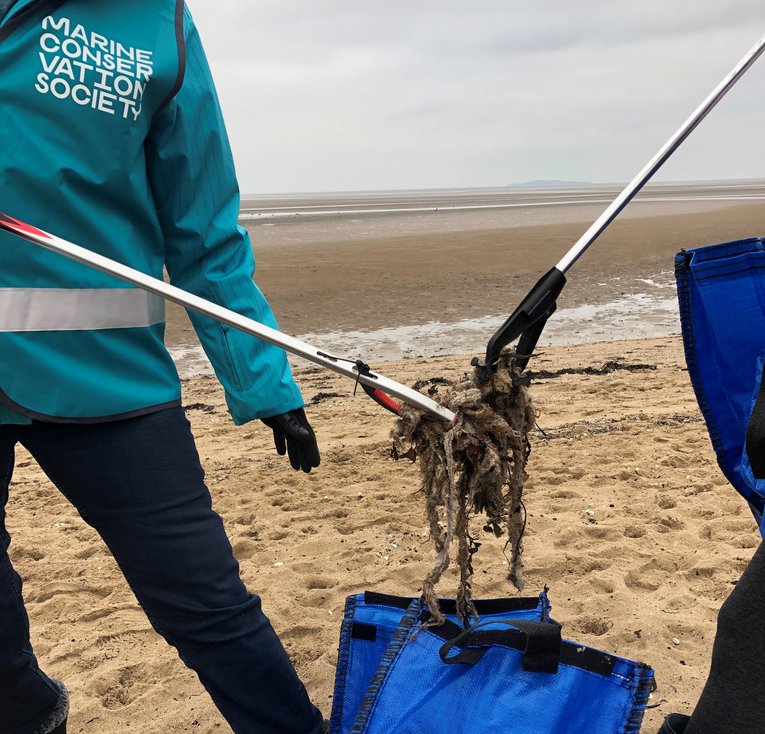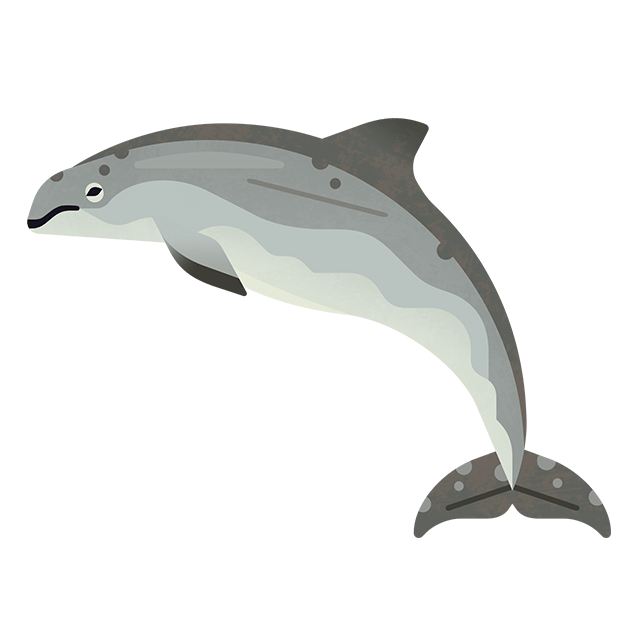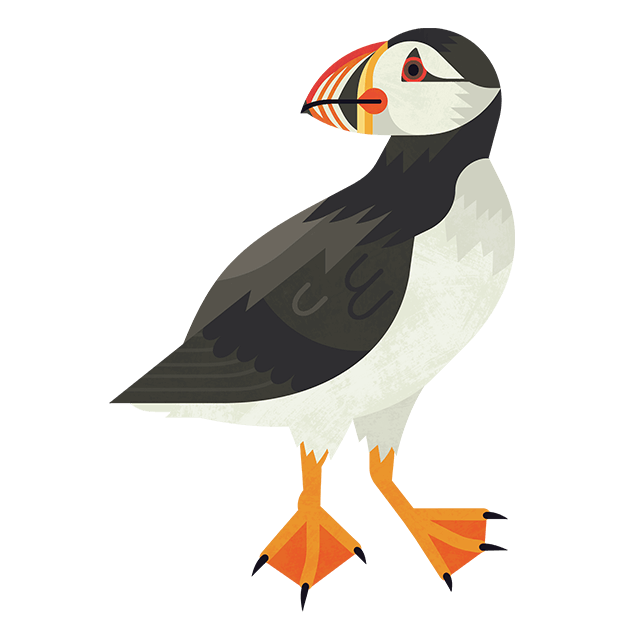
Help us ban plastic wet wipes
The UK Government has launched a new consultation to ban plastic from wet wipes, and we need your voice to help make it happen.
Update April 2024
In April 2024, the UK Government announced a huge step forward for the Deposit Return Scheme. They also announced a shift in the start date from October 2025 to 2027 - we need this to come in much faster to save our seas.
Call for consultation responses
On the 14th October the UK Government launched a consultation on banning wet wipes containing plastic.
We’re pleased to see the UK Government tackling the blight of plastic pollution on our coasts; in 2022, our volunteers collected and recorded over 38,000 wet wipes on our beaches.
Wet wipes and the microplastics they break down into can harm marine life - damaging their digestive systems or stopping animals from feeding, which hinders their growth, development, reproduction, and overall lifespan.

Wet wipes collected from Cramond beach, Scotland
Credit: Kirsty Crawford
Progress so far
Many major retailers have already taken matters into their own hands and are phasing out plastic from their own-brand wipes, including Boots, Aldi, and Tesco.
Despite this, we continue to see wet wipes on many of our beach cleans, ending up there after being wrongly flushed, or littered.
If the ban is successful, we do not want to see brands actively advertising that their wipes are plastic free, biodegradable, or anything else which might result in more people thinking they are safe to flush.
The only real sustainable choice is to opt for reusable wipes.
How can you support the ban?
Anyone can respond to the UK Government's public consultation. By answering a few questions on their website and sharing your views on plastic in wet wipes, you can help to make sure that plastic wet wipes are a thing of the past.
While the full consultation contains around 40 questions, we think there are three questions where you can really help. They won't take more than five minutes to complete and it could make a world of difference!
While we'd love to provide suggested wording, this wouldn’t be as effective. Identical responses are grouped together and classed as one response, so it’s better to answer in your own words.
The more individual responses there are, the better the chance we have of positive change for the ocean!
How to respond to ban plastic from wet wipes
It may look a bit daunting at first, but don't worry, you do not need to answer everything. We suggest focusing on answering three questions, 8, 9 and 10, which are the most important to banning plastics in wet wipes.
Using your own words, answer the below questions making them personal to you and where you live. We've put some useful information together to help you:
Q8: To what extent do you agree with the following statement, “I/my organisation would support the proposal set out above to introduce a ban on the manufacture of wet wipes that contain plastic”?
If you agree with the Marine Conservation Society and believe that the manufacture of wet wipes containing plastic should be banned, select a. Strongly agree or b. Agree.
Q9: To what extent do you agree with the following statement, “I/my organisation would support the proposal set out above to introduce a ban on the supply or sale of wet wipes that contain plastic, including giving away for free”?
If you agree with the Marine Conservation Society and would support a ban on the supply or sale of wet wipes that contain plastic, including giving away for free, select a. Strongly agree or b. Agree.
Q10: Please explain your answer to Q8 and Q9, referring to specific evidence as much as possible.
In this section, we’d love you to refer to your own experiences. Have you joined one of our beach cleans and found wet wipes strewn across your favourite beach? Perhaps you’ve made the swap to reusable wipes and would like to share your experience? However you do it, the Government need to hear—in your own words—why you’re so certain that banning plastic in wipes is the right move.
We’ve also prepared some facts from our beach clean data to help support your argument.
- In 2022, wet wipes were found on 61% of beaches surveyed by Marine Conservation Society’s volunteers across the UK
- Volunteers from the Marine Conservation Society recorded over 38,000 wet wipes across the UK in 2022
- In 2022, 58,030 pieces of sewage-related litter - including wet wipes - were found on the Marine Conservation Society’s surveys across the UK

Credit: Catherine Gemmell
What happens next?
The consultation will last for 6 weeks and be running from 14th October 2023 to 25th November 2023. The UK Government have 12 weeks to respond to the consultation once it closes. It’s crucial that we keep up the pressure to make sure our voices are heard.



